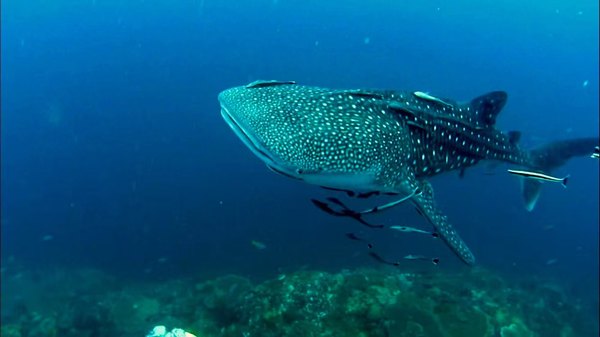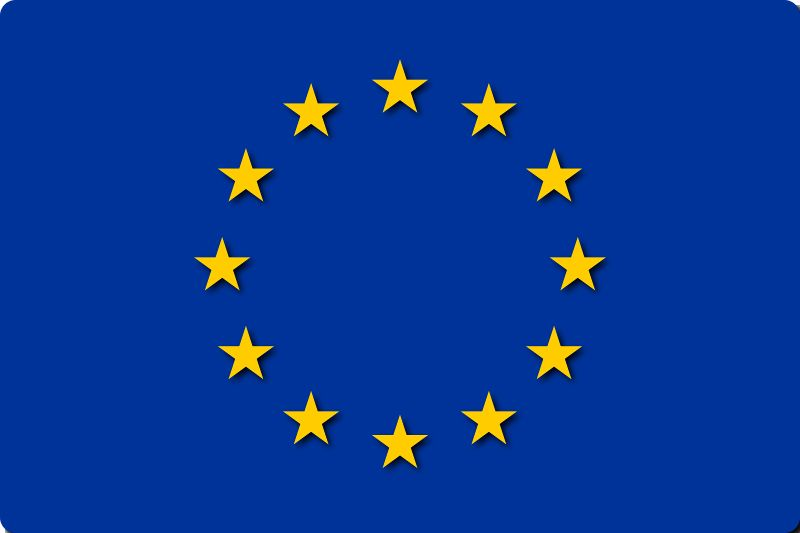去美国,现在办理签证的人很多。其实不同专业的同学或人士办理签证可能会有不同的影响,关于签证办理的敏感专业有哪些呢?
大师兄【留学网 dsxliuxue.com】在这里给分享一些美国签证办理敏感专业,大家跟我们一起去看看吧。

美国签证办理敏感专业
在申请美国签证的时候,申请人如果所处的敏感行业或者学习的敏感专业,都会加大被拒签的可能性,这部分申请人一般都会被行政审核,领馆需要做背景调查,而且批下来的签证有效期有可能只为1年有效期。
申请美国签证常见的敏感专业列表
传统武器
核技术
导弹/导弹技术
飞机和导弹推进和车辆系统
导航和指导控制
化学与生物工程
远程成像和侦察
先进的计算机/微电子技术
材料技术
信息安全
激光与直接能源系统技术
传感器和传感器技术
船舶技术
机器人技术
申请美国签证常见的敏感专业详细说明
CONVENTIONAL MUNITIONS(传统武器):
Technologies associated with warhead and other large caliber projectiles, reactive armor and warhead defeat systems, fusing, and arming systems.
NUCLEAR TECHNOLOGY(核技术):
This section covers technologies associated with the production and use of nuclear material for both peaceful and military applications. Included are technologies for enrichment of fissile material, for reprocessing irradiated nuclear fuel to recover produced platinum, production of heavy water for moderator material, plutonium and tritium handling, as well as certain associated technologies related to high energy physics. It includes research and poser reactors, breeder and production reactors, fissile or special nuclear materials; uranium enrichment, including gaseous diffusion, centrifuge, aerodynamics, chemical, electromagnetic isotopic separation (EMIS) laser, isotopic separation (LIS); spent fuel reprocessing, plutonium, mixed oxide nuclear research, inertial confinement fusion (ICF), magnetic confinement fusion, plasma, nuclear fuel fabrication including mixed oxide (uranium-plutonium) fuels (MOX), heavy water production, tritium production and sue, electromagnetic pulse (EMP); hardening technology.
MISSILE/MISSILE TECHNOLOGY(导弹/导弹技术):
Technologies associated with air vehicles and missile systems. The technology needed to develop a satellite launch vehicle is virtually identical to that needed to build a ballistic missile. Technologies include rocket systems, ballistic missiles, space launch vehicles and sounding rockets and unmanned air equipment and reentry vehicles.
AIRCRAFT AND MISSILE PROPULSION AND VEHICULAR SYSTEMS(飞机和导弹推进和车辆系统):
The propulsion technologies included are associated with near-earth super and hypersonic flight propulsion systems for
aircraft and missiles. Many of these technologies are dual use. Technologies include liquid and solid rocket propulsion systems; missile propulsion and systems integration; individual rocket states or staging/separation mechanism; aerospace thermal and high-performance structures; propulsion systems test facilities.
NAVIGATION AND GUIDANCE CONTROL(导航和指导控制):
These capabilities directly determine the delivery accuracy and lethality of both unguided and guided weapons. The long-term costs to design, build and apply these technologies have been a limiting proliferation factor. Technologies include those associated with internal navigation systems, tracking and terminal homing devices; accelerometers, vehicle and flight control systems.
CHEMICAL AND BIOTECHNOLOGY ENGINEERING(化学与生物工程):
Of specific concern is the ability to develop, produce, and disseminate toxic chemicals, biological and toxin agents. The technologies that could be applied to produce chemical and biological agents are used widely by civilian research laboratories and industry; these technologies are relatively common in many countries. Advanced biotechnology has the potential to support biological weapons research. Look for technologies associated with bacteriology (especially pathogenic), mutagens, mycology, neurotoxins, reconbiant technology, toxins, venoms, virology, precursor chemicals, toxicological research, chemical production equipment.
REMOTE IMAGING AND RECONNAISSANCE(远程成像和侦察):
Remote sensing technologies are inherently dual-use; technologies can be used for civilian imagery projects or for military reconnaissance efforts. Drones and remotely piloted vehicles enhance reconnaissance abilities. These are technologies associated with remote sensing satellites; imagery systems; high resolution cameras and optics; air vehicles; remotely-piloted vehicles, drones.
ADVANCED COMPUTER/MICROELECTRONIC TECHNOLOGY(先进的计算机/微电子技术):
Advance computers and software play a useful (but not necessarily critical) role in the development and deployment of missiles and missile systems, and in the development and production of nuclear weapons. Advance computer capabilities are also used in over-the- horizon targeting, airborne early warning targeting, electronic countermeasures (ECM) processors. These technologies are associated with supercomputing, hybrid computing; speech processing/recognition systems; neural networks; data fusion; quantum wells, resonant tunneling; superconductivity; advance optoeletronics, acoustic wave devices, superconducting electron devices, flash discharge type x-ray systems; frequency synthesizers; microcomputer compensated crystal oscillators.
MATERIALS TECHNOLOGY(材料技术):
The metallic, ceramic, and composite materials are primarily related to structural functions in aircraft, spacecraft, missiles, undersea vehicles, and propulsion devices. Polymers provide seals and sealants for containment of identified fluids and lubricants for various vehicles and devices. Selected specialty materials provide critical capabilities that exploit electromagnetic absorption, magnetic, or superconductivity characteristics.. These technologies are associated with advance metals and alloys; non-composite ceramic materials, ceramic, cermet, organic and carbon materials; polymeric materials; synthetic fluids; hot isostatic densifications; intermetallic; organometals; liquid and solid lubricant; magnetic metals and superconductive conductors.
INFORMATION SECURITY(信息安全):
Technologies associated with cryptography and cryptographic systems to ensure secrecy for communications, video, data and related software.
LASERS AND DIRECTED ENERGY SYSTEMS TECHNOLOGY(激光与直接能源系统技术):
Lasers have critical military applications, including incorporation in guided ordnance such as laser guided bombs and ranging devices. Directed energy technologies are used to generate electromagnetic radiation or particle beams and to project that energy on a specific target. Kinetic energy technologies are those used to impart a high velocity to a mass and direct it to a target. Directed energy and kinetic energy technologies have potential utility in countering missiles and other applications. Look for technologies associated with atomic vapor laser isotope separation (AVLIS), molecular laser isotope separation (MLIS); high energy lasers (HEL), low energy lasers (LEL), semiconductor lasers, free electron lasers , directed energy (DE), kinetic energy (KE) systems, particle beam, beam rider, electromagnetic guns, optoelectronics, optical tracking, high energy density, high-speed pulse generation, pulsed power, hypersonic/hypervelocity, magnetohydronynamics.
SENSORS AND SENSOR TECHNOLOGY(传感器和传感器技术):
Sensors provide real-time information and data; the side with superior sensors has a considerable advantage. Marina acoustics is critical in anti- submarine warfare; gravity meters are essential for missile launch calibration. Look for technologies associated with marine acoustics, optical sensors, night-visions devices, image intensification devices; gravity meters; high speed photographic equipment; magnetometers.
MARINE TECHNOLOGY(船舶技术):
Marine technologies are often associated with submarines and other deep submersible vessels; propulsion systems designed for undersea use and navigation and quieting systems are associated with reducing detectability and enhancing operations survivability. Look for technologies connected with submarines and submersibles, undersea robots, marine propulsion systems; signature recognition; acoustic and non-acoustic detection; acoustic, ware, radar and magnetic signature reduction, magnetohydrodynamics; stirring engines.
ROBOTICS(机器人技术):
Technologies associated with artificial intelligence, automation, computer-controlled machine tools; pattern recognition technologies.
以上是小编精心整理的美国签证办理,谢谢浏览。
我们精心为大家整理的《2018美国签证办理敏感专业》文章不知道大家满不满意,如果大家想了解更多美国留学签证相关的信息,请关注美国留学签证栏目。
本文来源:
https://www.dsxliuxue.com/meiguo/19642.html



























